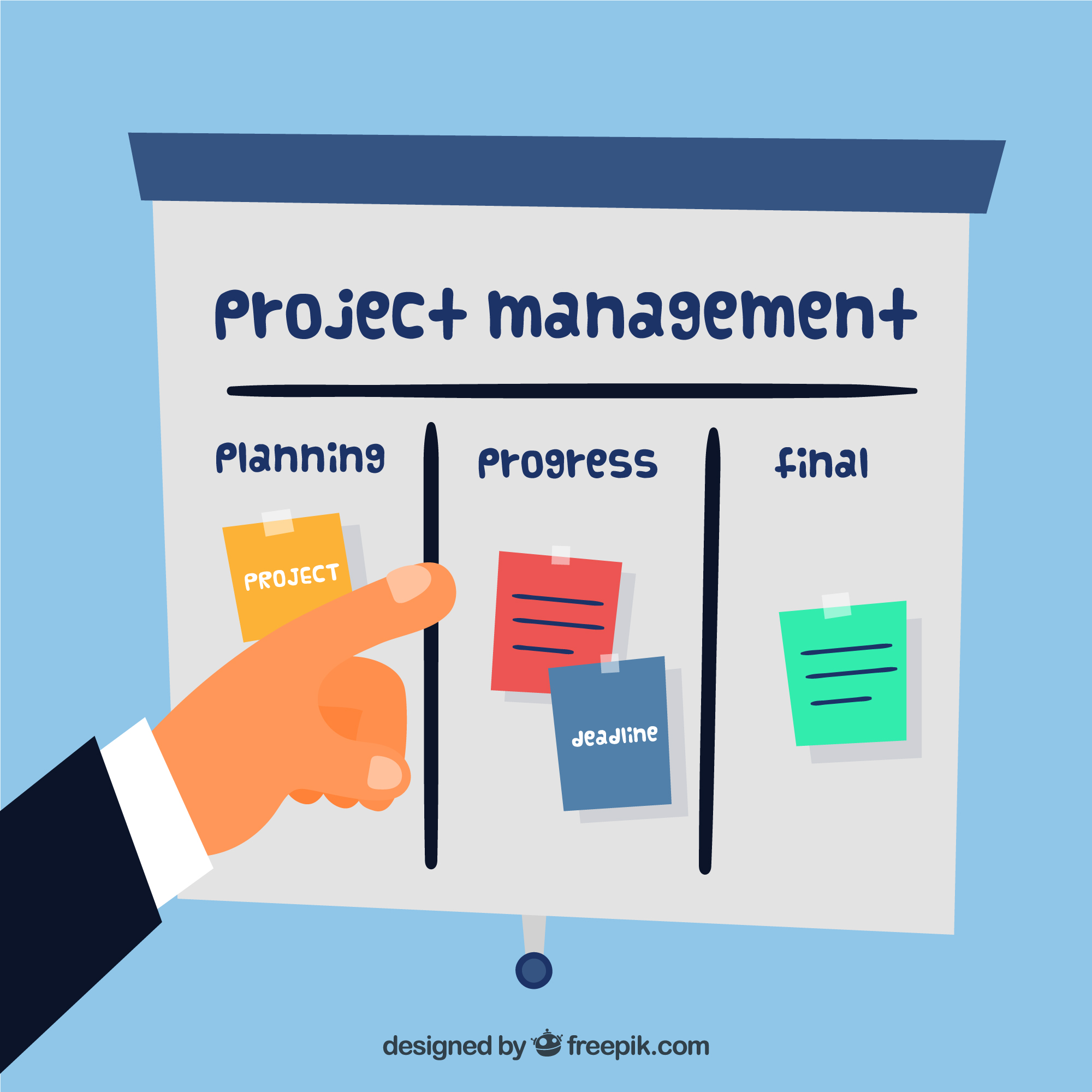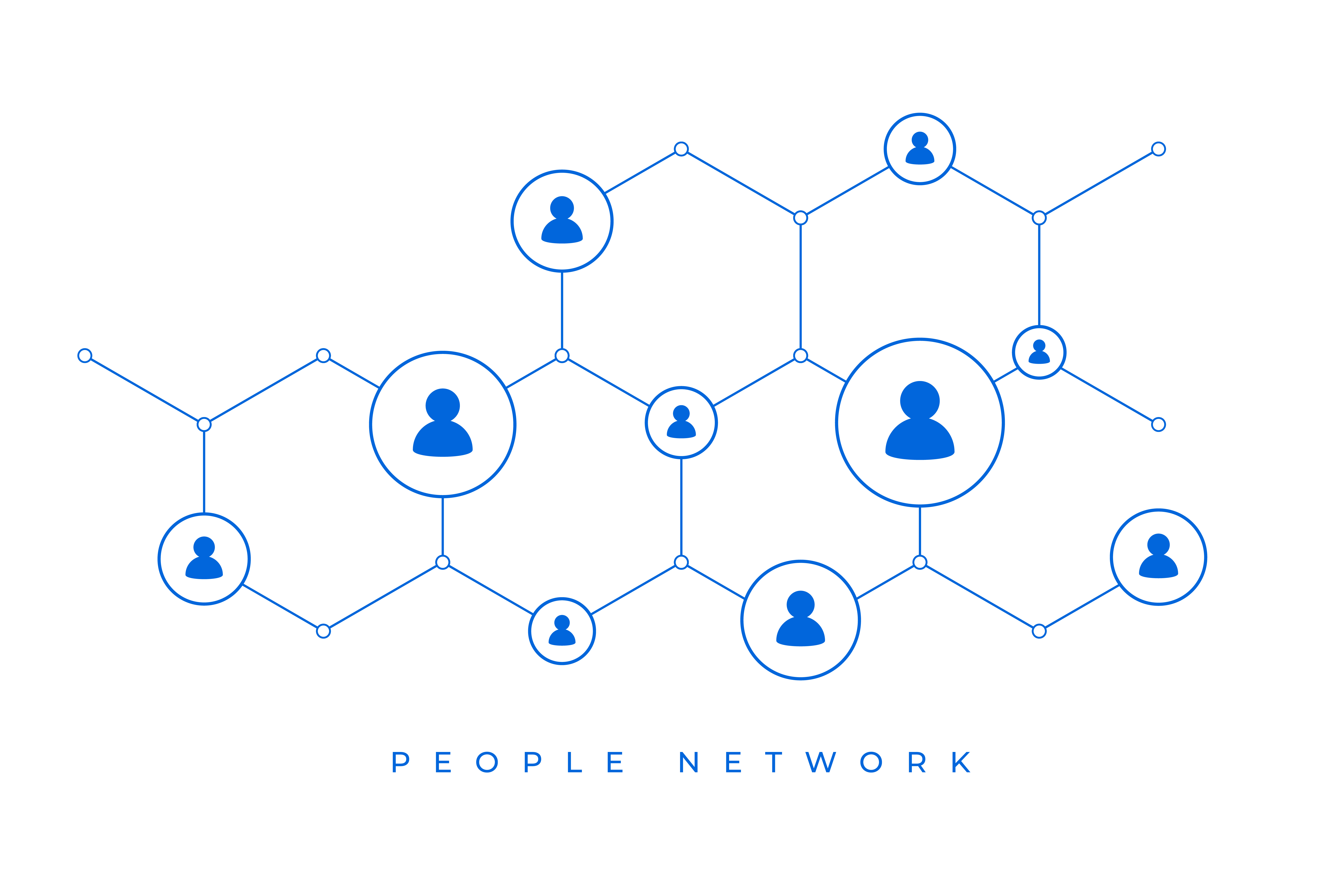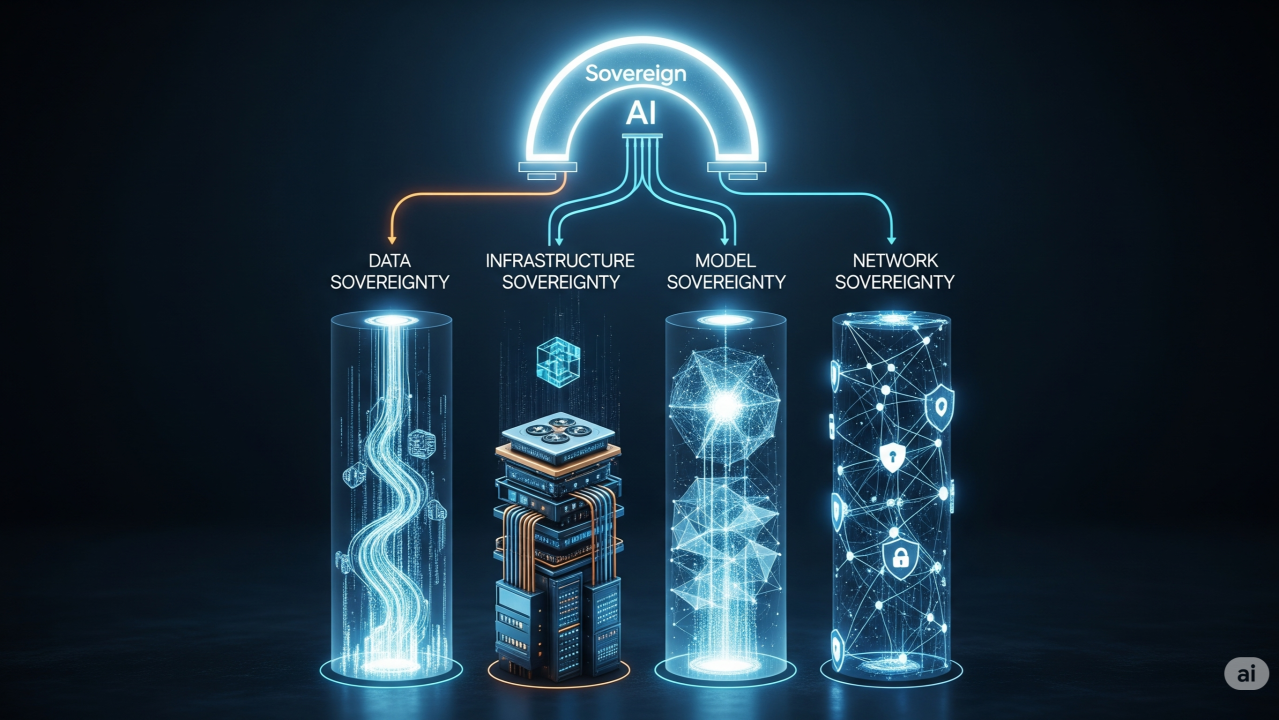Resilience in the Face of Rejection
- Author :
- Date : 09 Aug 2025
- Time : 9 Min to read

Resilience in the Face of Rejection: Bouncing Back Stronger in Your Career
Experiencing rejection is an inevitable part of the professional journey. Whether it's an unsuccessful job interview, a declined proposal, or critical feedback, these setbacks can shake your confidence and derail progress. Yet, resilient individuals find ways to learn, adapt, and emerge stronger. In this comprehensive guide, we will explore proven coping mechanisms, growth mindset strategies, and practical tools for building resilience in your career. You will discover how to convert rejection into opportunity, cultivate emotional strength, and maintain momentum through adversity.
Understanding the Impact of Rejection
Rejection can affect professionals on multiple levels:
- Emotional Impact: Feelings of disappointment, doubt, and decreased motivation
- Psychological Impact: Reduced self-esteem and questioning of your abilities
- Professional Impact: Delays in career goals, redirected paths, or gaps in progression
Acknowledging these effects is the first step in developing resilient strategies that help you recover quickly and continue moving forward.
1. Cultivate a Growth Mindset
The concept of growth mindset is grounded in the belief that skills and intelligence can be developed through effort and learning. To adopt a growth mindset in response to rejection:
- View setbacks as learning opportunities rather than personal failures
- Ask yourself What can I learn from this experience and how can I improve?
- Focus on the process and your progress rather than a single outcome
By reframing failure as feedback, you nurture mental resilience and long-term growth.
2. Practice Emotional Regulation and Self-Compassion
Handling emotional responses after rejection is key to resilience:
- Recognize your feelings without judgement—you're allowed to feel disappointed
- Use techniques like mindfulness, deep breathing, or journaling to manage stress
- Talk to a supportive friend or mentor to externalize your frustration and gain perspective
Self-compassion supports emotional agility and allows you to recover from rejection without harsh self-analysis.
3. Debrief and Analyze the Setback
Rejection often carries lessons:
- Request feedback when possible—for interviews, client pitches, or proposals
- Identify patterns: are there recurring themes in setbacks? Skills gaps? Presentation style?
- Create a targeted improvement plan such as public speaking workshops or technical training
Analyzing failure helps you build targeted action plans that strengthen future performance.
4. Set SMART Recovery Goals
After a setback, define clear objectives to move forward:
- Specific: e.g., Apply for five new roles in your field
- Measurable: Track applications and responses
- Achievable: Ensure goals align with your current situation
- Relevant: Stay focused on your long-term career vision
- Time-bound: Set deadlines to maintain momentum
SMART goals deliver clarity and momentum, helping you bounce back with purpose.
5. Strengthen Your Support Network
Human connection boosts emotional resilience:
- Share rejection stories with peers or mentors to normalize the experience
- Seek coaching from professionals who can guide your response or refine your approach
- Join peer support communities or peer learning groups to find shared perspectives
Mentors and supportive networks help you navigate rejection and build confidence in your next moves.
6. Rebuild Confidence Through Small Wins
Confidence often returns one small success at a time:
- Start with achievable tasks like writing an article, speaking at a smaller event, or leading a short workshop
- Track wins—big or small—to remind yourself of progress
- Gradually increase the challenge level as your confidence grows
A track record of small achievements creates momentum and reinforces resilience.
7. Develop Adaptability and Career Resilience
Rejection can lead to new career paths:
- Be flexible—consider lateral roles, freelance opportunities, or certifications if full-time job offers are scarce
- Learn new skills or explore adjacent industries as possible pivots
- Stay curious and explore alternative career trajectories that align with your strengths and interests
Adaptability transforms rejection into exploration and opportunity.
8. Maintain Physical and Mental Well-Being
Resilience is stronger when self-care is part of your routine:
- Prioritize sleep, nutritious food, and regular exercise
- Incorporate mindfulness, meditation, or relaxation techniques
- Schedule breaks, vacations, or creative hobbies to recharge your energy
Wellness practices support sustained resilience and reduce burnout.
9. Revisit and Update Your Personal Strategy
Resilience requires reflection and planning:
- Quarterly check-ins: Reflect on progress, setbacks, and resilience tasks
- Revise your action plan based on new insights or market shifts
- Recalibrate if you need new profiles, certifications, or mentors
This ongoing review process reinforces adaptability and clarity.
Building Professional Resilience with MentoraX
To support resilience and continuous learning, consider enrolling in these transformative MentoraX programs:
Training of Trainers (ToT) Course
This program helps you understand your learning style and build SMART objectives for self-improvement while developing:
- Facilitation and communication skills
- Constructive feedback techniques
- Workshop leadership abilities
- Mentoring and coaching competencies
Project Management Professional (PMP) Certification
Teaches essential hacks for:
- Strategic planning and organization
- Risk management and mitigation
- Resource allocation and team leadership
- Adapting to project challenges and setbacks
Transformative Leadership Camp
Develops critical leadership skills including:
- Emotional intelligence in leadership
- Change management strategies
- Resilience under pressure
- Inspiring teams through adversity
These programs combine to provide a comprehensive resilience toolkit, helping you recover from setbacks while developing skills that prevent future career obstacles. Through guided practice, peer feedback, and real-world exercises, MentoraX training strengthens your capacity to both recover from and support others through professional challenges.
Example Roadmap After Rejection
| Step | Action |
|---|---|
| 1 | Acknowledge emotional impact and allow yourself time to process |
| 2 | Conduct a lessons-learned exercise and request feedback where possible |
| 3 | Set SMART goals for new actions or skill building |
| 4 | Reconnect with mentors or networking groups to regain support |
| 5 | Pursue a small confidence-building win |
| 6 | Reflect on progress and refine strategy |
| 7 | Seek formal training such as the ToT course for skill reinforcement |
Final Thoughts
Career setbacks can feel discouraging, but resilience allows you to bounce back stronger. By cultivating a growth mindset, regulating emotions mindfully, analyzing failures, setting recovery goals, and leaning on support networks, you strengthen your ability to thrive despite rejection. Personal development training like MentoraX's Training of Trainers (ToT) course enhances your capacity to coach, mentor, and lead others in boosting both your own resilience and that of your professional community.
Rejection does not define you, but your response does. Embrace these resilience strategies to navigate setbacks, accelerate growth, and build a fulfilling career that grows stronger with every challenge.
Related Posts




09 Aug 2025 • 11 Min Read
The Importance of Mentoring: How to Find a Great Mentor and How to Be One
None



09 Aug 2025 • 12 Min Read
The Art of Salary Negotiation: What Every Young Professional Should Know
None







09 Aug 2025 • 8 Min Read
Building a Personal Brand in the Digital Age: A Guide for New Professionals
None






12 Jan 2026 • 7 Min Read
MentoraX Approach: Why Technology Alone Is Not Enough
Why sustainable transformation requires more than tools—and how MentoraX connects technology, people, and execution.